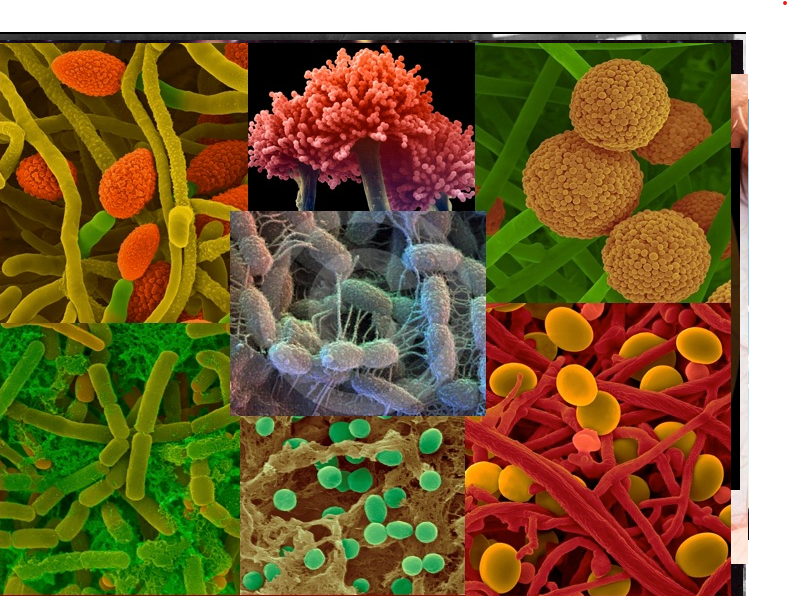The microscopic labyrinth: venture into the niches of microbes

Let’s talk about microorganisms, those tiny beings that live in all corners of our planet. Whether in hot springs, in the human intestine or in the depths of the sea, microbes are there, colonizing everything in their path. And they do it in extreme conditions, some are generalists and others are specialists, adapting to their environment in very different ways.
But how are these ecological niches defined? Professor Bas E. Dutilh, from the University of Jena, has developed a novel method to describe these niches, based on data and the community of species, rather than external habitat conditions. This is how microbial communities quickly adapt to their environment, reflecting the sum of all environmental factors.

What is surprising is that, according to the studies carried out, most microbial habitats are dominated by generalists. Not what was expected! Even though specialists are better adapted to particular conditions, generalists can grow much faster and thus dominate the niche. However, for generalists it is hit or miss whether they make it or not, making them quite variable in your presence. Specialists are more stable in their niche, albeit in low abundance.
But what about the genomes of these microbes? The correlation between niche rank and genome size is more complex than previously thought. Generalists’ genomes are not particularly large, as was previously believed. Specialist genomes are smaller in habitats with relatively low local biodiversity, such as animal-associated microbiomes, whereas in high-biodiversity habitats, such as soils, the specialist genome is significantly larger.


And that’s not all, the genomes of generalists are more variable than those of specialists! With genes coming and going during evolution, they can integrate genetic information from other organisms through horizontal gene transfer and thus quickly adapt to the local niche. The functions associated with specialists are much more diverse, often related to very specific metabolic processes. The genomes of specialists are evolutionarily stable, unlike those of generalists.





Responses